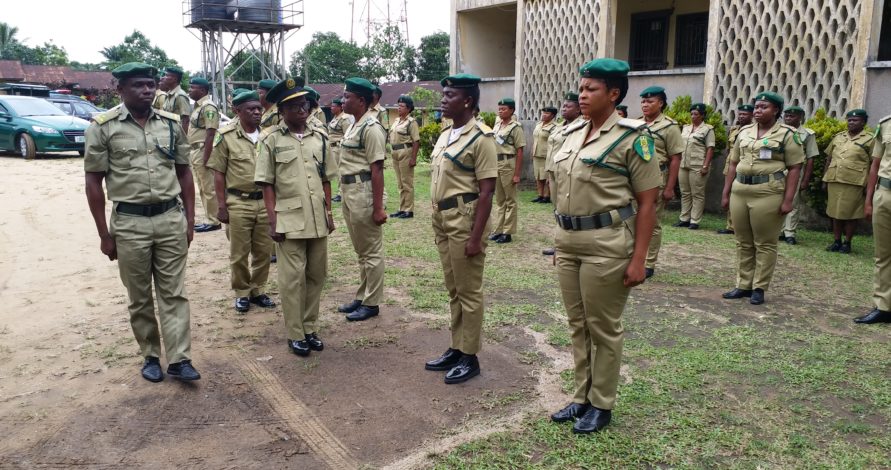STATE OF NIGERIAN PRISONS: THE COMPOSITION OF INMATE POPULATION
4 min read
The Nigeria prison facility holds a number of individual on varied degrees of sentence. The summary below will highlight the category of inmates of the Nigeria Prison.
INMATES THAT WERE PROPERLY CHARGED:
Based on random sampling, about 50% of inmates in Nigerian prisons are charged accurately with offenses they committed.
By this, we project that these inmates did commit the offenses charged. However, if we factor in the use of torture to obtain confessions and other malfeasance committed by the police after their arrests, it will taint most of the evidence being used to try these cases.
Put in a different way, there were reasonable suspicions to justify the arrests in these cases. But because these cases are poorly investigated and evidence poorly handled, it becomes questionable whether their trial is justified.
INMATES CHARGED WITH OFFENCES THEY NEVER COMMITTED
About 30% of inmates in Nigerian prisons are charged with offenses they did not commit. These charges are based purely on police corruption and incompetence. In these cases the police normally started by arresting innocent people either because someone paid the police to punish his opponents or the police arrested people just to extort money from them. Either way, the police need to conceal the corrupt motive behind the arrest. Going ahead to file charges against these victims of false arrest is the basic way of concealing the police abuse. Once charged, the person will be remanded in prison and even if not remanded, the person’s focus will be on how to escape conviction, not on enforcing his fundamental rights violated by the police.

INMATES THAT ARE POLITICAL PRISONERS
About 20% of inmates are political prisoners. They are so classified because they are charged with offenses they did not commit and the reason is because of their political interests and policy disagreements with incumbent political or authority figures. Most significantly, this number was affected upwardly by the Shiite cases, in which Nigerian security forces jammed over a thousand Shiites into prisons, often for reason other than that they are Shiites.
Under Buhari’s administration, this category of inmates has increased in number significantly. We see this in the number of cases that are based on criticisms against government officials, the police and other security forces. More and more journalists and bloggers are being arrested and charged under various unconstitutional defamation offense laws.
COMMENTARY
The reason we are speaking of inmates in terms of charges, rather than of convictions is because 75 – 80% of all prison inmates are not yet tried and convicted. By far the single most significant shortcoming of the Nigerian justice system is the failure of the judiciary. Two areas of this failure stand out in infamy. These are: (1) delays in trials, causing even simple cases to drag out for many years, and (2) the practice of presuming the suspect guilty until he proves his innocence, which results in unjust denial of bail and/or imposition of impossible bail conditions.
What causes these shortcomings? Three causes have been identified:
(1) Judicial corruption: Like the police, many Nigerian judges base their official actions on inducements from powerful parties. It also influences their sense of priority to cases.
(2) Judicial incompetence: The process for selection of judges in Nigeria is not based on merit as to skill, intellect, track record, academic record of the judicial officers. People are appointed and promoted within the judiciary based on personal connections to powerful individuals and politicians. A female lawyer that dates a politician will more easily become a judge than an intelligent hardworking lawyer. Also, a lawyer that has served as an aide or thug to a politician will more easily become a judge that his conscientious and diligent counterpart. Overtime the accumulation of this type of people as judges completely wrecked the system.
(3) Lack of Judicial Independence: Over the years, ironically under a democracy, Nigerian security forces and law enforcement agencies have been able to engage in various practices aimed at intimidating the judges. As a result, every Nigerian judge handling any case in which the government has interest fears repercussions should he render a judgment that is not in favor of the government. Critics of government who face the criminal justice system have little chance of getting justice.
When the above three factors operate jointly, which is often the case, the consequences are devastating for the justice system. If we can have a law that forces judges to conclude every criminal trial within 12 months and to grant bail to the accused if 6 months after arrest trial has not been concluded, a lot of the present crisis will be resolved.

